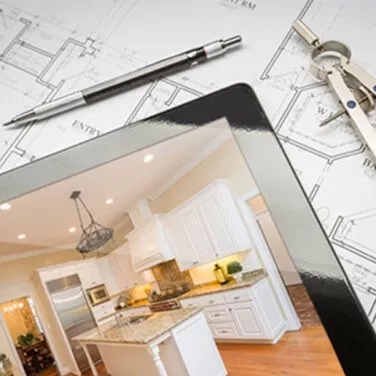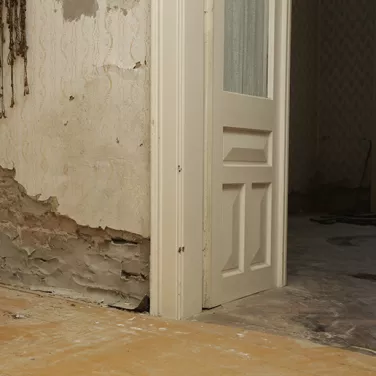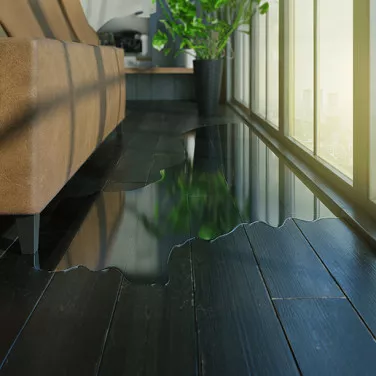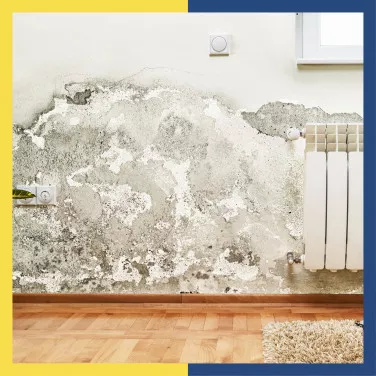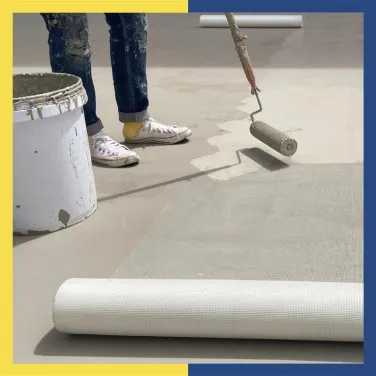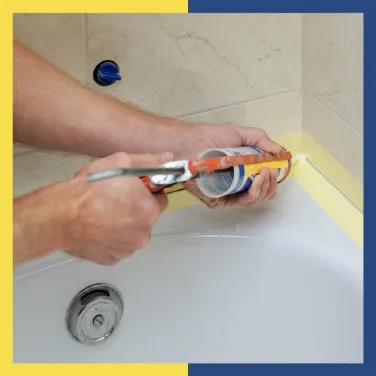

Top Causes of Home Damage and How to Prevent Deterioration
Home deterioration: Causes, solutions, prevention, and more
A competent homeowner is one who can tackle the agents of house deterioration before they even strike. They know about these factors beforehand and prevent them from escalating with effective home maintenance strategies. Read on to become one.
Table of Contents
Owning a house is both thrilling and a big responsibility. It’s exciting to have a place to call your own, but the path to maintaining it can be confusing. You might find yourself asking, “What should I prioritise first?” Let’s start with a simple truth – effective home maintenance begins with understanding what can go wrong.
This article is here to guide you through the various factors that can cause the deterioration of your house and how you can proactively address them.
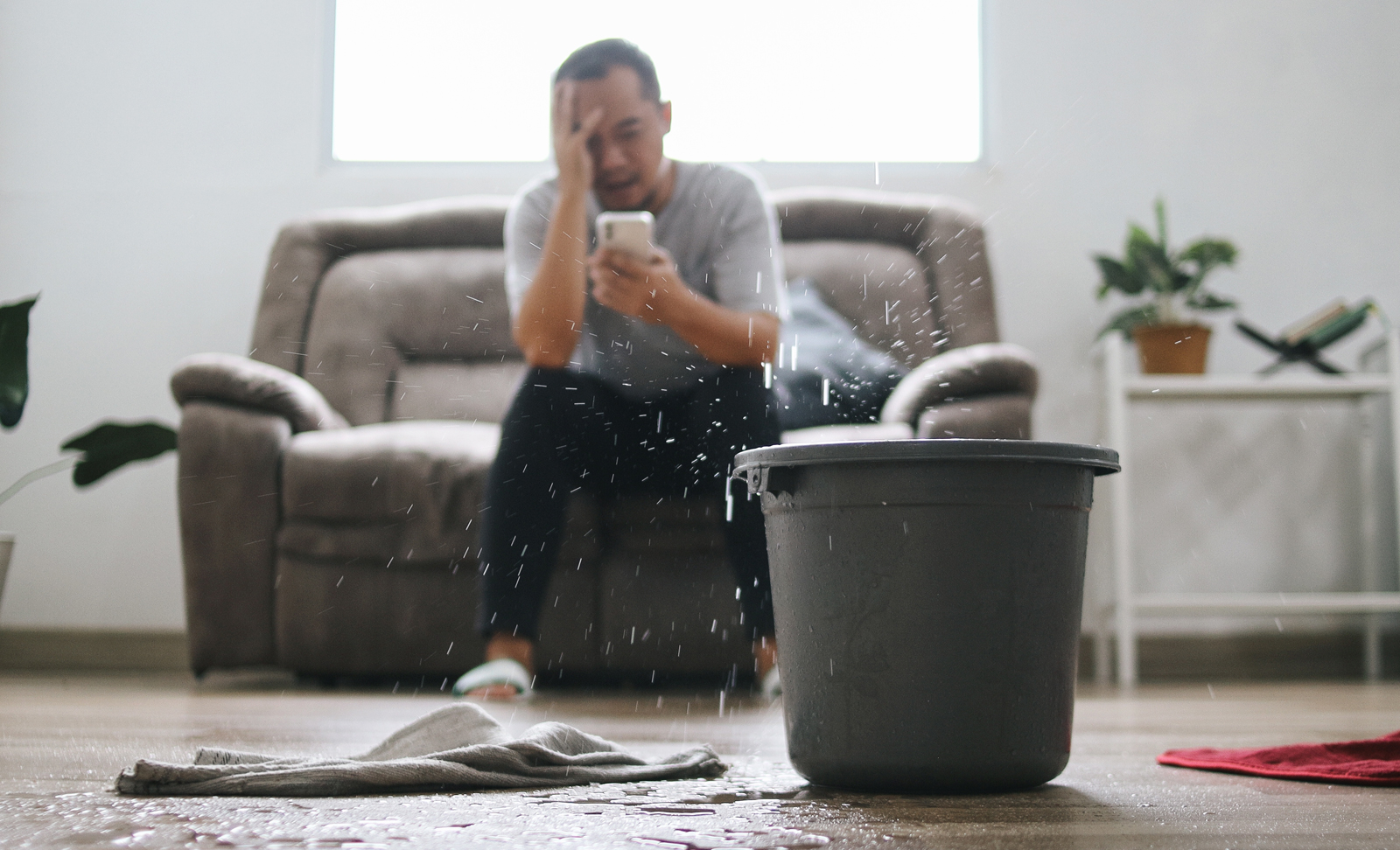
Key factors behind home deterioration
Your home is exposed to various elements daily that can contribute to its downfall over time. Here are the main culprits of your house’s deterioration and how you can fight back –
1. Moisture and water damage
-
Issue – Moisture is one of the biggest threats to your home’s health. Water damage can creep in slowly through unnoticed leaks, poor drainage, or due to high humidity levels.
-
Effect – The result? Mould growth, weakened walls, and even structural deterioration.
-
Prevention – Regularly check for leaks around windows, ceilings, and plumbing fixtures. Ensure your roof and walls are properly sealed and maintained. Always act fast to repair leaks or damp areas. Remember, waterproofing your home isn’t just a precaution – it’s a powerful move to keep your sanctuary safe!
2. Pests and infestations
-
Issue – Termites, rodents, and other pests thrive in warm, moist environments and can infest your home before you even notice them.
-
Effect – These pests can cause severe house deterioration by eating away wood, insulation, and electrical wiring. This kind of damage is often hidden until it’s too late.
-
Prevention – Conduct regular pest control checks and maintain a clean, clutter-free environment. Seal cracks, gaps, and entry points to keep pests out. If you have a garden, keep it well-maintained to reduce the chances of pests migrating indoors.
3. Natural wear and tear
-
Issue – Over time, all homes experience natural ageing. Factors such as heavy rainfall, fluctuating temperatures, and daily use contribute to an ageing infrastructure. Further, wood, concrete, and metal materials naturally degrade as they age.
-
Effect – Weather exposure causes paint to peel, wood to rot, and metal to rust, reducing your home’s charm and stability. You might find that your floors creak, your doors don’t close quite right, or your walls develop cracks. These are signs that age is catching up with your home.
-
Prevention – Regular home renovations and touch-ups can breathe new life into ageing structures. For example, reinforcing weak beams, replacing worn-out materials, and upgrading to modern fittings can help extend your home’s lifespan. Recoat walls, replace old roof tiles, and refinish wooden surfaces to keep the infrastructure from ageing.
4. Poor ventilation
-
Issue – Lack of proper ventilation traps moisture inside your home, creating the perfect breeding ground for mould and mildew.
-
Effect – Mould growth not only damages walls and furniture but also poses a health risk to your family. Over time, this will affect the aesthetics of your house and contribute to other problems that can cause structural deterioration.
-
Prevention – Ensure proper ventilation in all areas, especially in high-moisture zones like the kitchen, bathroom, and basement. Use exhaust fans and regularly air out the rooms to maintain healthy air circulation.
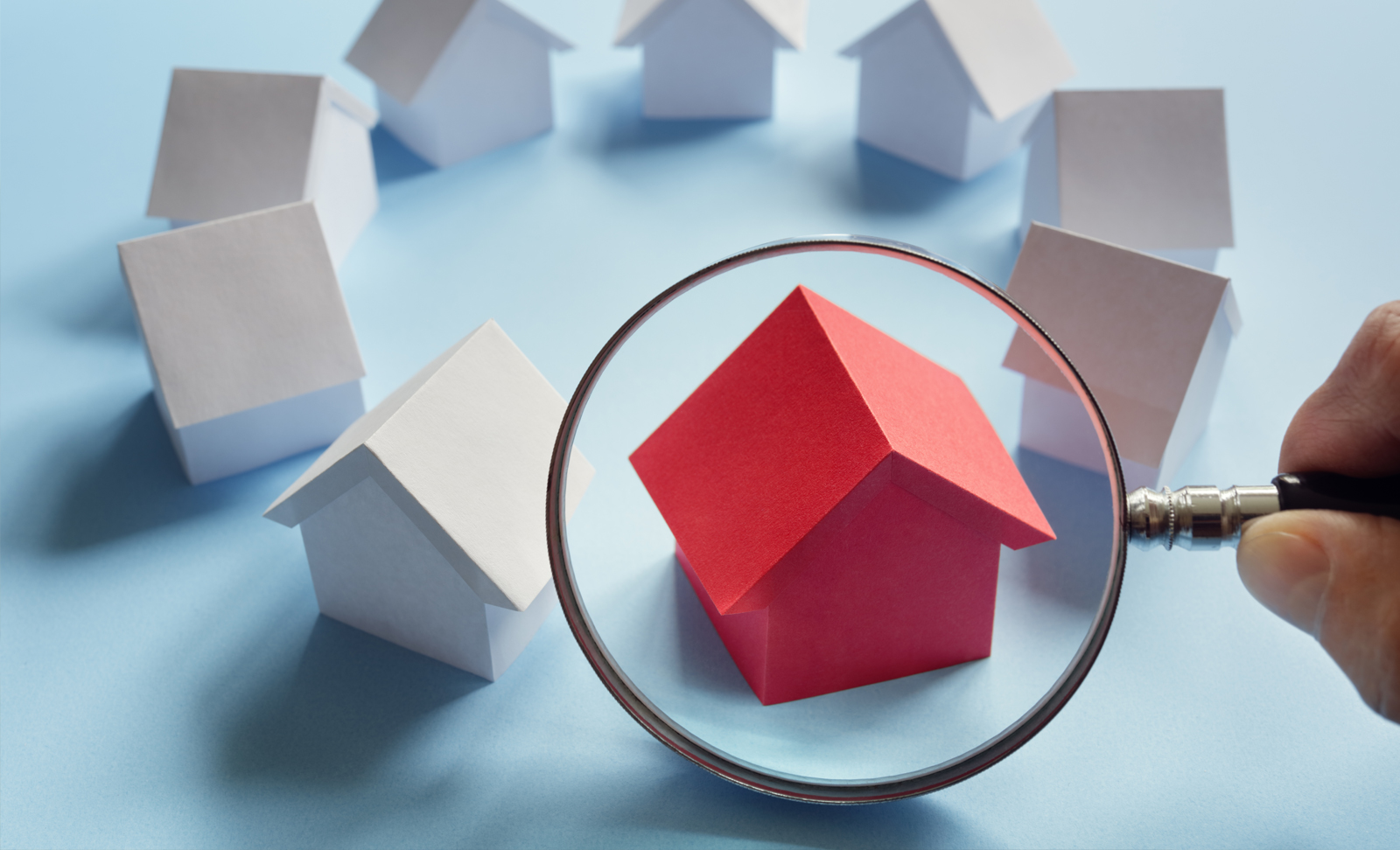
The importance of quality construction for a future-proof house
The future of your home’s condition lies in its construction quality. Here’s why you should prioritise high standards from the start –
-
Ensures long-term durability
High-quality construction delays structural deterioration and prevents future problems, providing peace of mind by creating a home that stays strong and secure over the years.
-
Minimises maintenance costs
A well-built home requires less frequent repairs and house upkeep, saving you time and money in the long run.
-
Protects against water damage
Proper planning and effective waterproofing solutions during construction protect your home from leaks and seepage.
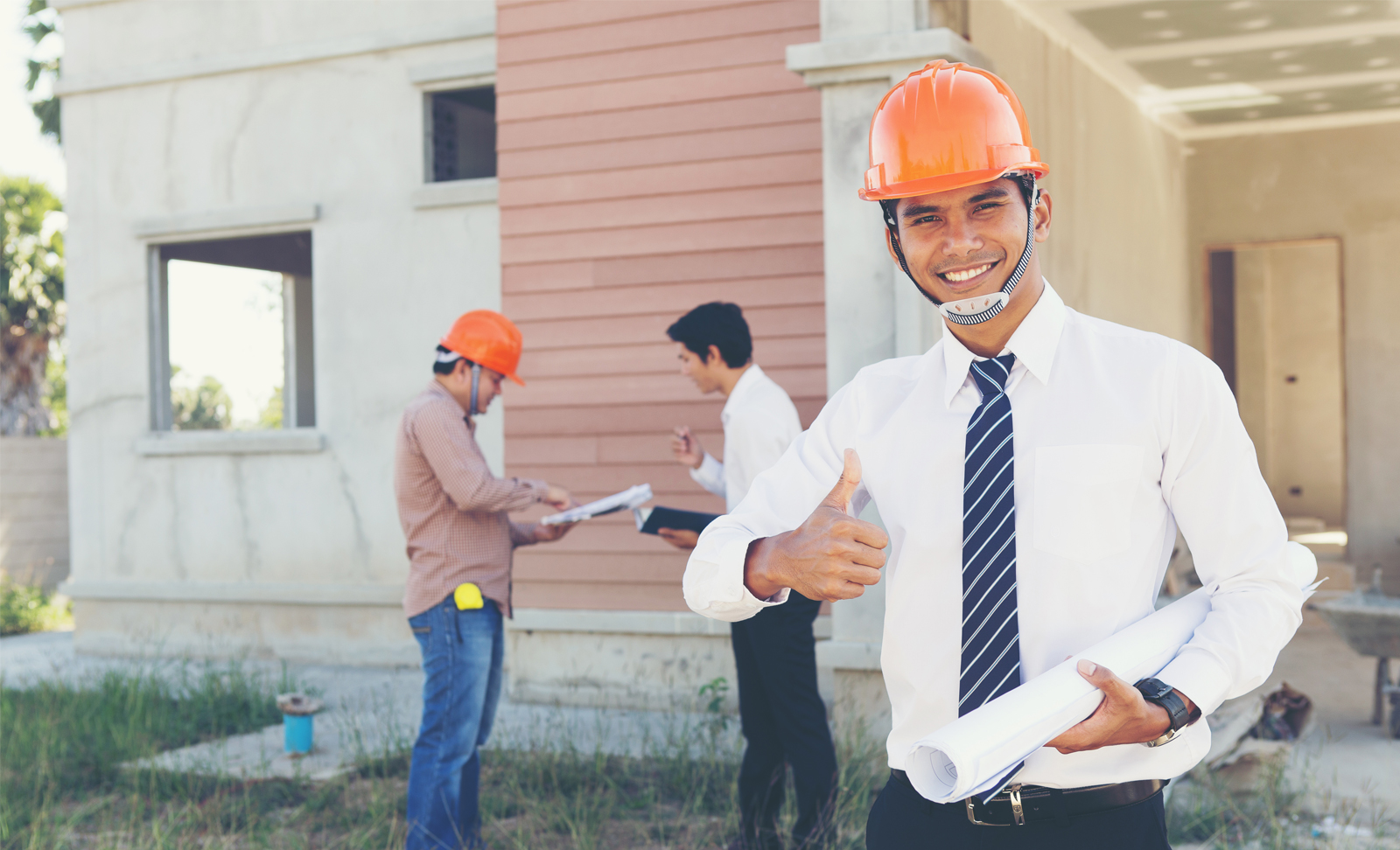
Strategic waterproofing solutions: Shielding your home from decay
If you haven’t waterproofed your home during construction, it’s high time for a home renovation. However, every area of your home has unique needs when it comes to waterproofing. Here’s how you can protect these main areas –
-
Roof: Waterproofing the roof protects it from leaks and prevents damage to your ceilings and walls. This keeps the overall structure strong, especially during the monsoon season, ensuring a dry and safe environment.
-
Basement: Basement waterproofing stops groundwater from seeping through and causing dampness and mould growth. This protects the stored items and maintains the health of your home’s foundation.
-
Bathroom and kitchen: These are high-moisture areas where water seepage is common. Waterproofing these areas keeps your tiles and surfaces looking new and prevents water from seeping into adjacent rooms or below floors.
-
Exterior walls: Using a waterproof coating on your exterior guards against harsh weather conditions, especially during heavy rains. This prevents cracks from forming due to moisture absorption and maintains the beauty of your home’s paintwork.
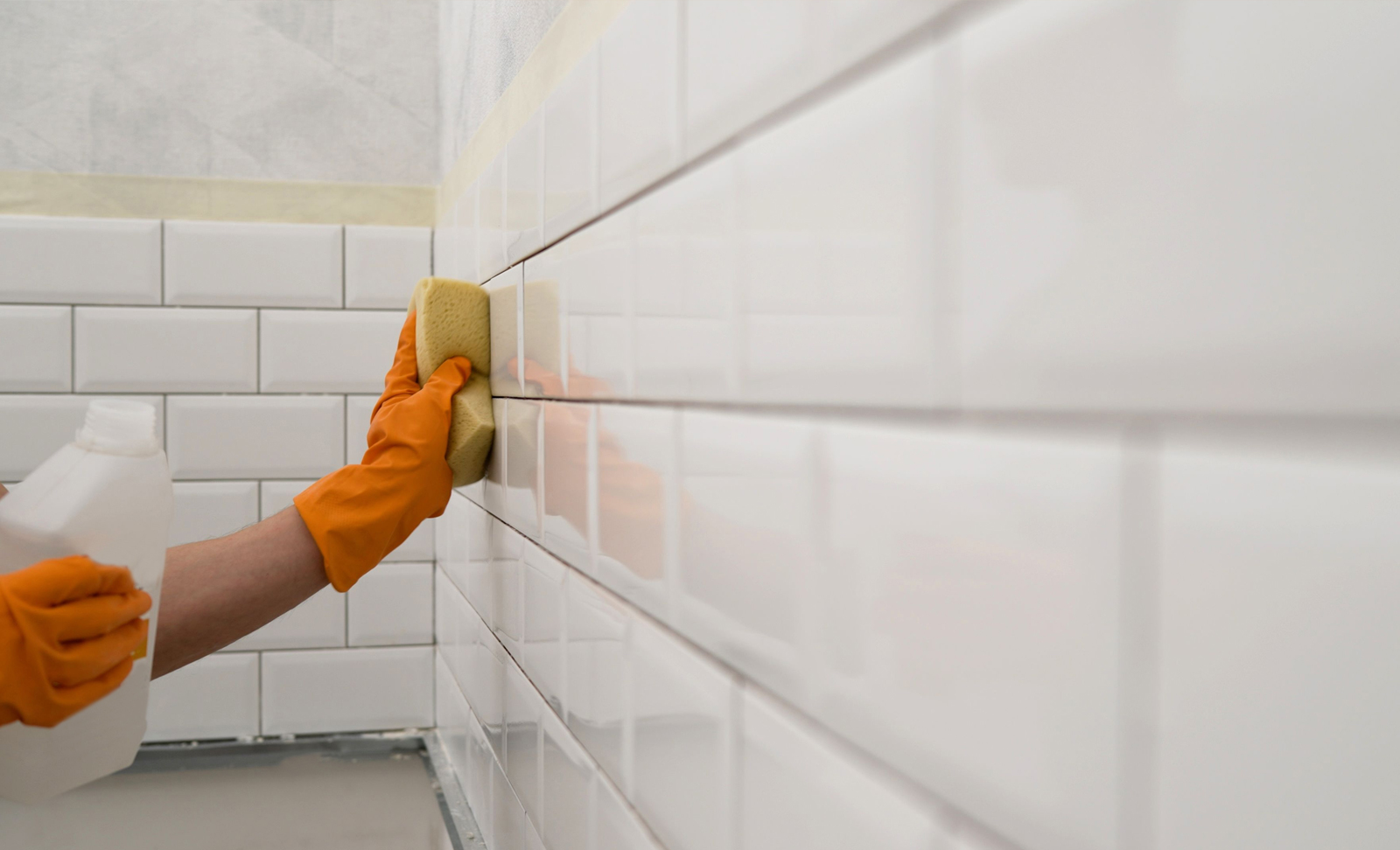
Expert tips on home maintenance
Being proactive with home maintenance can save you a lot of trouble. Here are some tips to keep your home in top shape –
-
Conduct checks of your plumbing, electrical, and roofing systems at least twice yearly to catch issues early
-
Ensure proper drainage by keeping gutters clear of debris to prevent water accumulation
-
Inspect walls and windows for cracks and gaps that could allow moisture or pests to enter
-
Keep surrounding trees trimmed and away from your home to prevent root damage and reduce pest risks
-
Invest in durable materials for waterproofing and house upkeep. Upgrade to modern solutions and appliances that are energy efficient and more resistant to wear
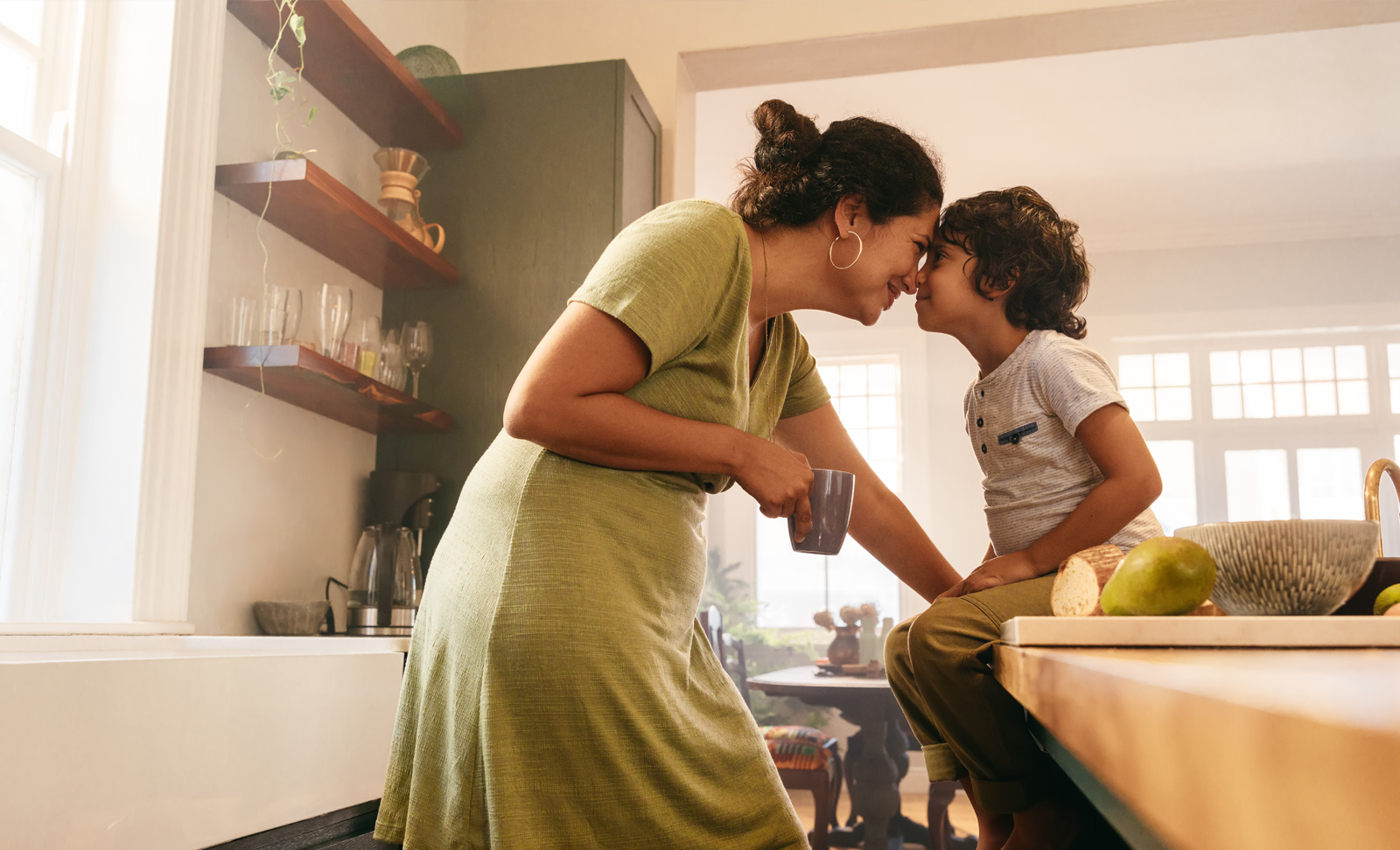
Know your enemy to defeat them!
Understanding the factors that contribute to house deterioration is essential for every homeowner. By being vigilant and proactive with your home’s maintenance, you can protect it from avoidable damage and preserve its value for years to come. As the saying goes, a stitch in time saves nine!
When it comes to protecting your home from water damage, trust only the best waterproofing solutions. Consider using Dr. Fixit’s range of products designed specifically for waterproofing your home and ensuring its longevity. Fill out the form below to get in touch with our experts and take the first step towards safeguarding your home today!
FAQs
FAQ#1 – Why do empty houses deteriorate?
Empty houses deteriorate faster because they lack regular maintenance and monitoring. Issues like leaks, pests, or structural problems can go unnoticed, worsening over time. Also, moisture can build up without proper ventilation, leading to mould, mildew, and other damage.
FAQ#2 – How can weather conditions impact the deterioration of my home?
Extreme weather conditions like heavy rains, intense heat, or humidity accelerate your house’s deterioration by causing water damage, warping wood, rusting metal, and peeling paint. Frequent exposure to such conditions weakens the structure, necessitating regular home maintenance to prevent long-term damage.
FAQ#3 – Are there any preventative measures I can take to slow down the deterioration of my home?
Yes, you can slow down the deterioration of your house by regularly inspecting for damage, maintaining proper ventilation, repairing leaks immediately, and using quality waterproofing solutions. Regular cleaning, pest control, and timely home renovations also help maintain your home’s condition.
FAQ#4 – What are the warning signs of deterioration in a home, and how can I address them?
Signs of deterioration include cracks in walls, peeling paint, mould growth, sagging floors, and water stains. Address them by inspecting your home regularly, repairing visible damage, applying waterproofing, and consulting professionals for severe issues to prevent further decay.
FAQ#5 – How do pests and insects contribute to the deterioration of a home?
Pests like termites, rodents, and insects eat through wood, insulation, and wiring, causing significant structural deterioration. They weaken foundations, damage walls, and create safety hazards. Regular pest control and prompt treatment can help prevent infestations and minimise damage to your home.
Get Professional Waterproofing Solutions Today
Fill The Form below to took free site evaluation by Dr. fixit point safe painting service expert
Renovation
Protect your living space: Difference between a weatherproof and waterproof house
Renovation
How to safeguard your home with waterproofing during the rainy season in India
Renovation
The Ultimate Guide to Monsoon Terrace Waterproofing: Protecting Your Home from Water Damage
Get Professional Waterproofing Solutions Today
Fill The Form below to took free site evaluation by Dr. fixit point safe painting service expert
















